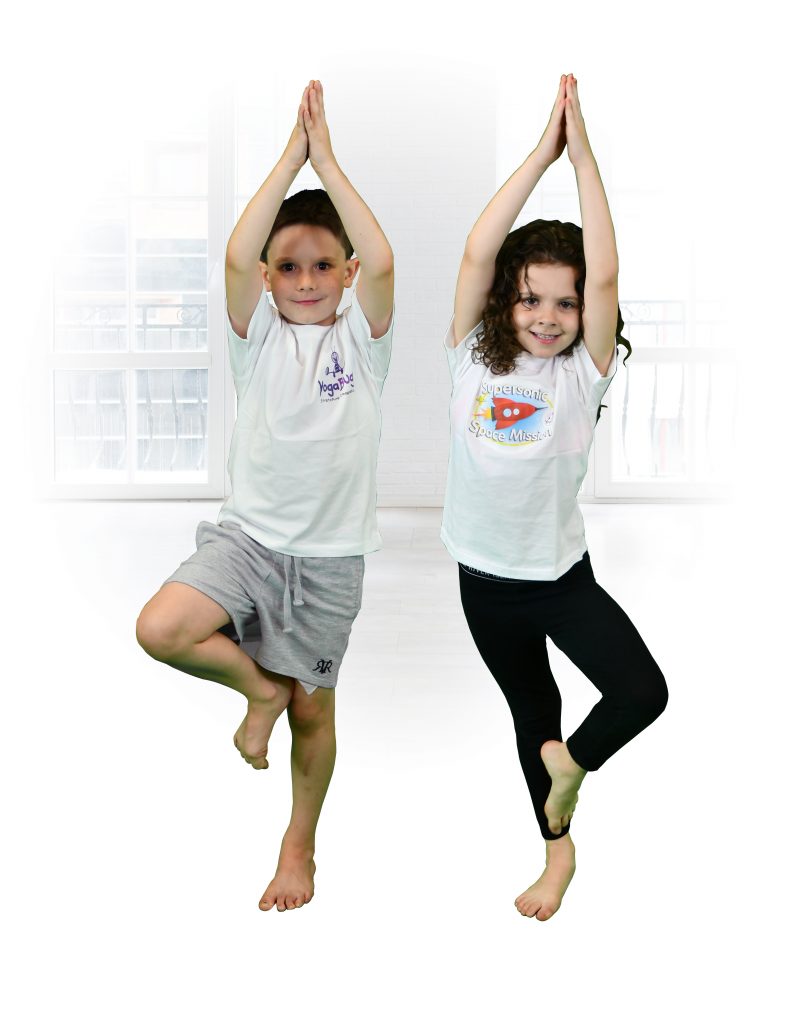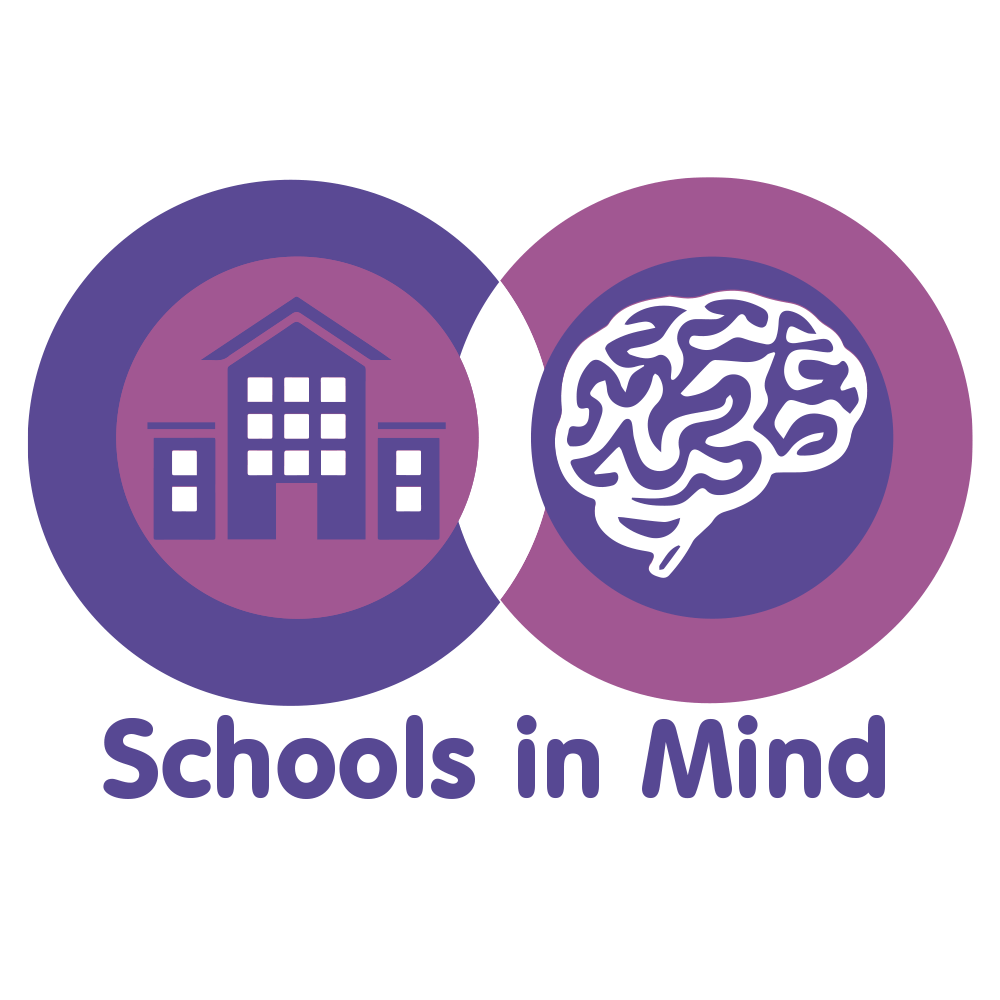In today’s fast-paced and stressful world, it is more important than ever to prioritise the mental health and well-being of our children. One activity that has gained significant recognition for its positive impact on mental health is yoga. While often associated with physical fitness and flexibility, yoga offers numerous mental and emotional benefits for children. When introduced at a young age, yoga becomes a powerful tool to nurture their mental health, promoting self-awareness, emotional resilience, and overall well-being. In this blog, we will explore why learning yoga at a young age is so beneficial for children’s mental health.
- Encourages Mind-Body Connection: Yoga is rooted in the principle of uniting the mind, body, and breath. By practicing yoga, children learn to develop a stronger connection between their physical sensations and their mental and emotional states. This awareness promotes self-reflection, enabling children to better understand and manage their thoughts, feelings, and reactions.
- Enhances Emotional Well-being: Yoga teaches children various techniques to regulate their emotions and find inner peace. Through breathing exercises, meditation, and mindful movement, children learn to navigate their emotional landscapes more effectively. They develop tools to manage stress, anxiety, and frustration, cultivating a sense of calm and emotional balance.
- Builds Self-confidence and Self-esteem: Yoga is a non-competitive practice that focuses on individual growth and self-improvement. As children learn new poses and progress in their practice, they develop a sense of accomplishment, boosting their self-confidence. The supportive and inclusive nature of yoga classes allows children to embrace their uniqueness, fostering a positive self-image and improving their self-esteem.

- Cultivates Resilience and Stress Management: Through yoga, children develop resilience and the ability to bounce back from challenges. As they face different poses and encounter difficulties, they learn to persevere and overcome obstacles. Yoga also equips children with stress management techniques, empowering them to handle everyday pressures and setbacks with a calmer and more composed mindset.
- Enhances Concentration and Focus: The practice of yoga requires mental focus and concentration, which can significantly benefit children, especially in today’s digital age of constant distractions. By engaging in yoga, children learn to be present in the moment, improving their attention span and concentration skills. These abilities extend beyond the yoga mat, enhancing their academic performance and overall productivity.
- Promotes Mindfulness and Relaxation: Yoga teaches children the art of mindfulness – the practice of paying attention to the present moment without judgment. This mindfulness cultivates a state of relaxation, allowing children to reduce stress, increase self-awareness, and improve their overall mental well-being. Regular yoga practice can provide children with a lifelong tool for managing anxiety and finding moments of peace and tranquillity.
Incorporating yoga into a child’s life at a young age is a valuable investment in their mental health and overall well-being. By learning yoga, children develop essential life skills such as self-awareness, emotional regulation, resilience, and mindfulness. These skills equip them with the tools necessary to navigate the challenges they may face throughout their lives. Whether practiced independently or in a group setting, yoga offers a holistic approach to nurturing children’s mental health, promoting balance, peace, and joy from within. Let us encourage and support our children in their journey to discover the transformative power of yoga.













